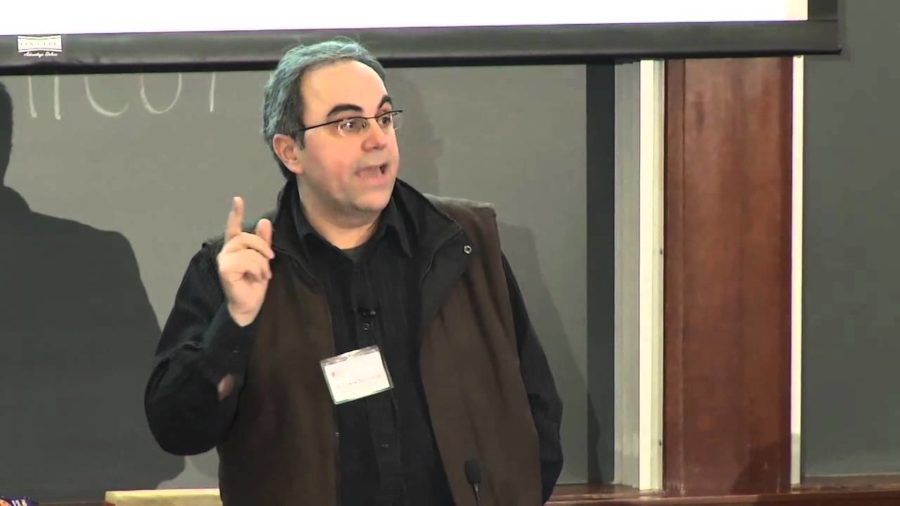Lo and behold humanity is fairly consistent. We would mention mornings in the mornings. We get tired sort of towards the evenings. Talk about coffee more frequently in the morning. These are the sort of normal diurnal patterns that we see on Twitter, right. As expected. But when interesting events happen and events that are out of the ordinary happen it’s very clear that they happen.
Berkman Klein Center for Internet & Society (Page 3 of 6)
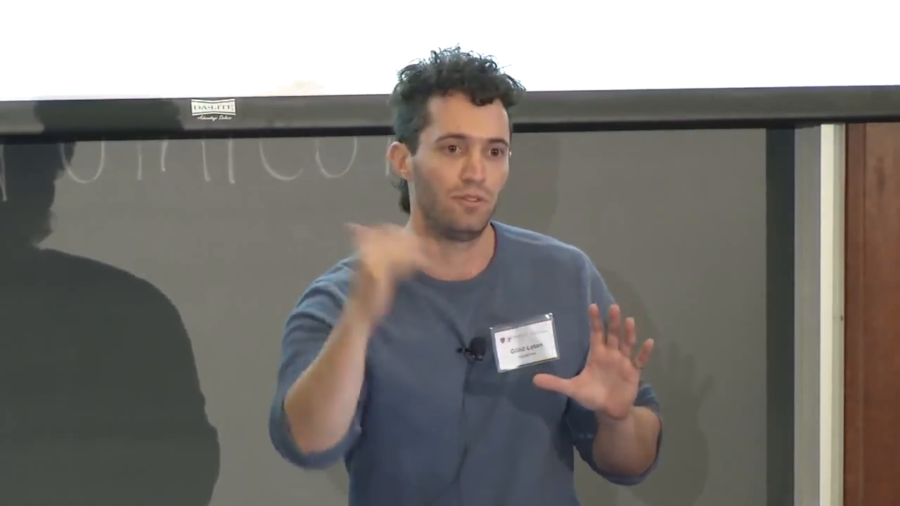
Gilad Lotan on Interventions for Individuals
presented by Gilad Lotan
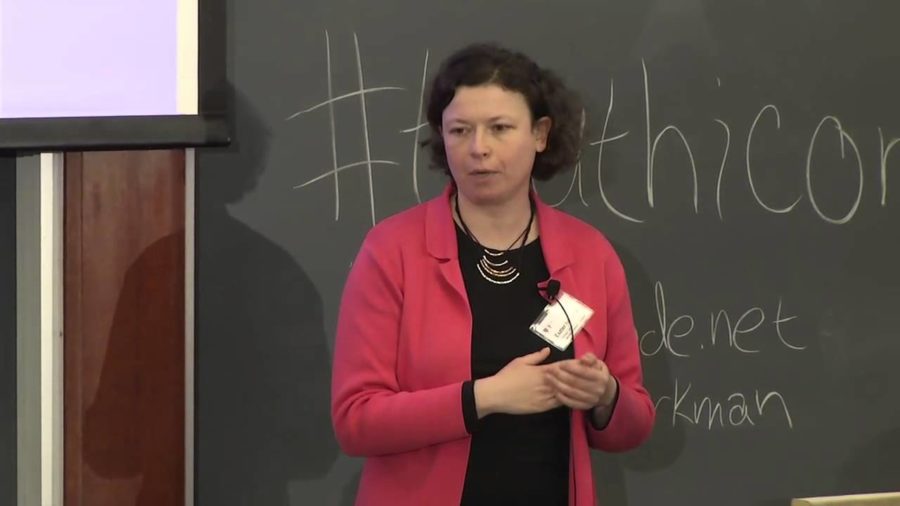
Christian Sandvig and Eszter Hargittai on Tools for Truth Empowerment
presented by Christian Sandvig, Eszter Hargittai
[Stefik’s] four ideas about the Internet is that we think about Internet, number one as a library. And this was the 90s and we had this electronic library, the digital library. That doesn’t mean that we digitized libraries, it means that that’s the metaphor we used to think about the Internet, as a place that has information that we can look up. His second was we think of it as the mail. Or you could say the telephone. And so that’s more about individuals and interpersonally communicating in some way. The third is that we think of it as a virtual world. And the fourth is that we think of it as a marketplace.
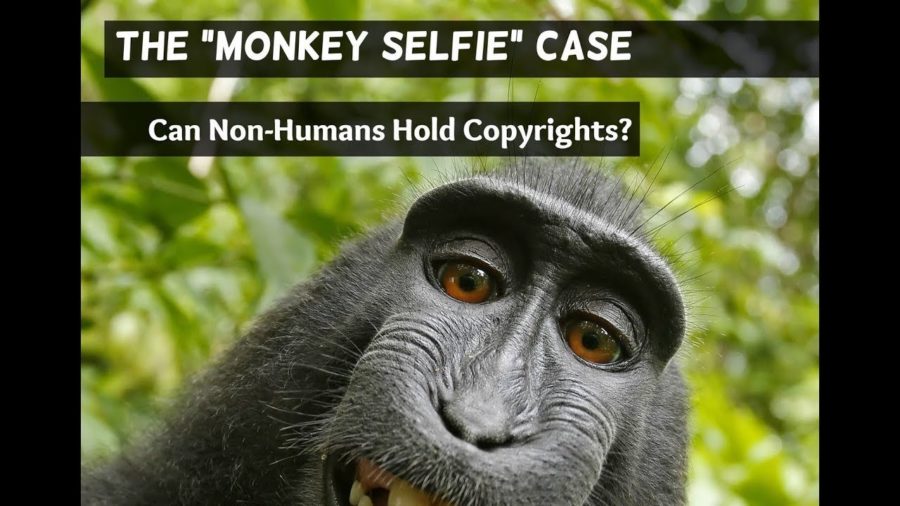
The “Monkey Selfie” Case: Can Non-Humans Hold Copyrights?
presented by Christopher Bavitz, John Kerr, Jonathan Lovvorn, Kendra Albert, Tiffany Li
Naruto, then 3 years old, came up and picked up one of his cameras and started looking at it. And he made the connection… By Mr. Slater’s own admission he made the connection between pushing the shutter release button and the change to his reflection in the lens when the aperture opened and closed.
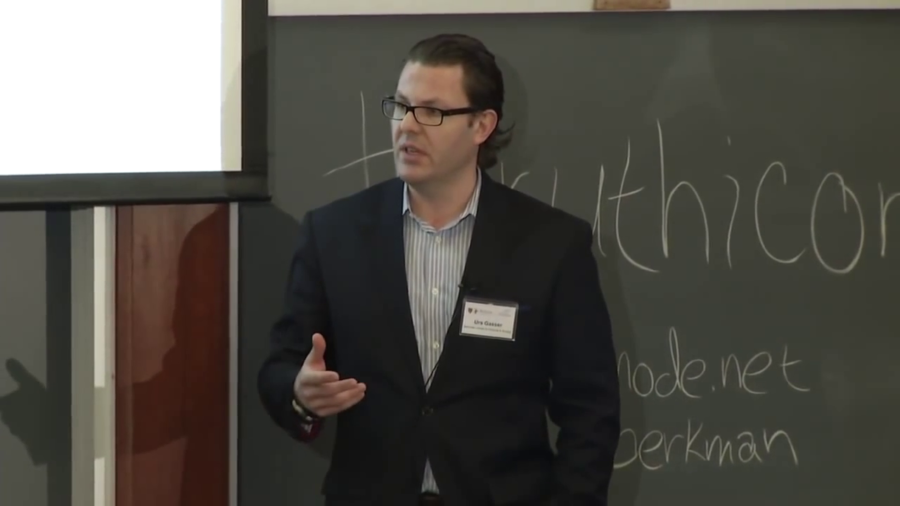
Reflection & Synthesis on Truthiness
presented by Urs Gasser
I’d like to cluster my thoughts and structure them into four categories. One is what I will call foundational issues. Second, a few words and observations regarding methods. Third, a few areas of application that we touched upon this morning, and maybe also highlighting one or two that we haven’t talked so much about but that I think are increasingly important. And then finally also as a segue to the following sessions, a few words about potential points of intervention.
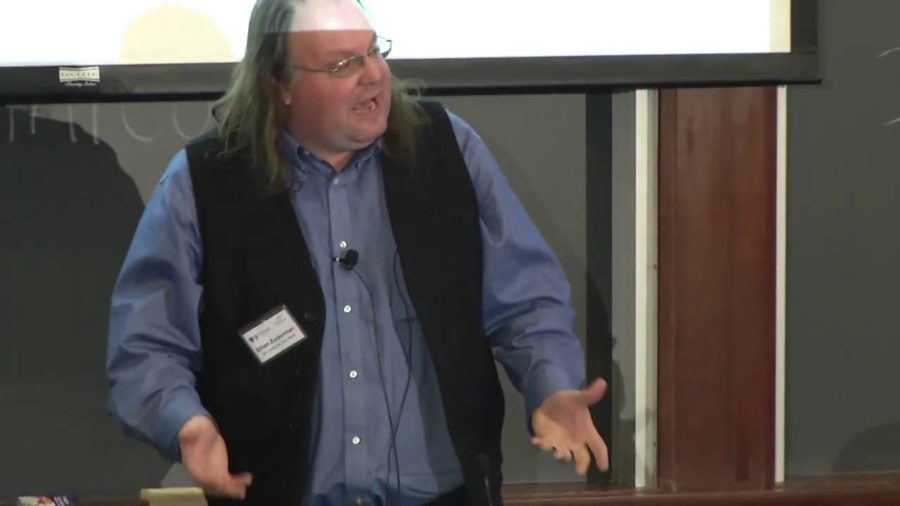
Ethan Zuckerman on Truthiness
presented by Ethan Zuckerman
When you’re looking at something as big as these questions of verifiability, truth, truthiness, disinformation, so on and so forth, I find myself now trying to pick apart the questions we talked about this morning from the perspective of tractability. So let me use that to sort of frame a couple of the conversations we’ve had and then a couple of things that haven’t come up, and then see if I can sort of push us forward a little bit into where we go this afternoon.
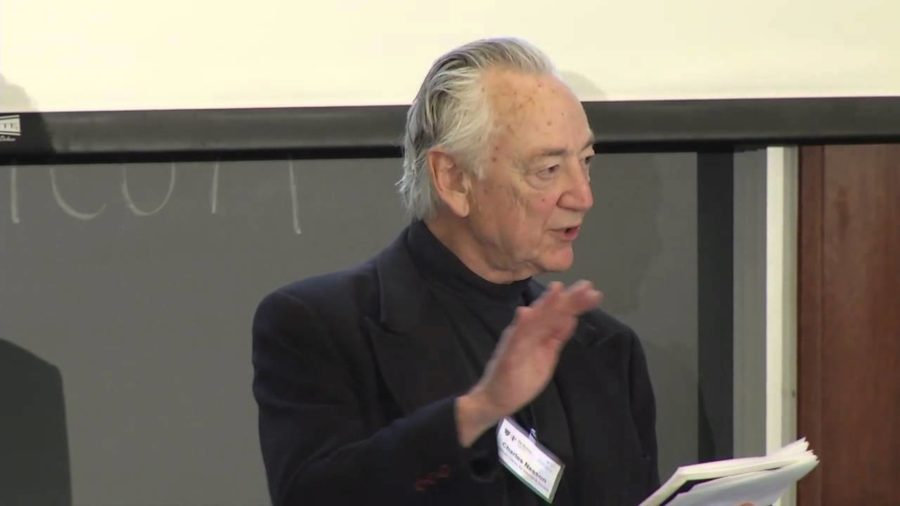
Inflection Point on Truthiness
presented by Charles Nesson
Well I believe there is a truth we share. I think it’s our sense of justice. I think of the great Paul Newman depiction in The Verdict, his closing argument when he speaks to the jury and says, “You are the law. I believe there is justice in our hearts.” So the truth, the verdict. Vera dictos, speak the truth. That’s what juries are told to do.
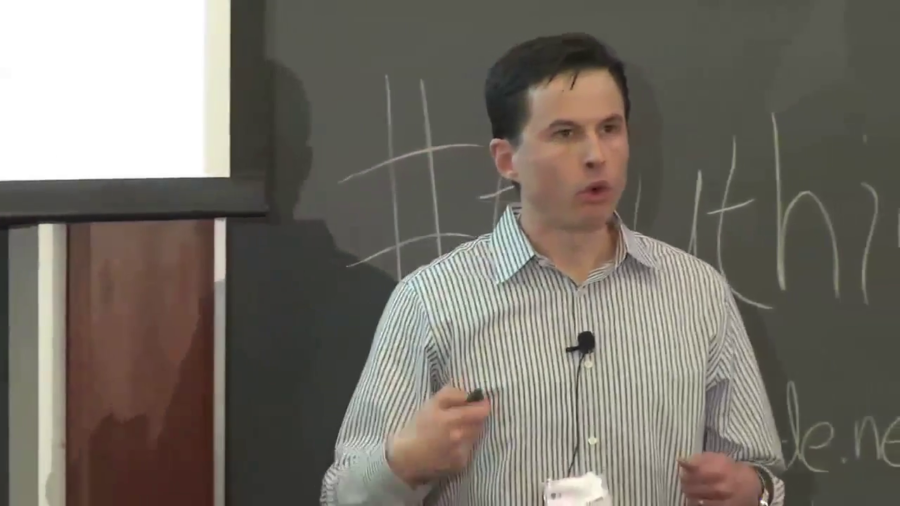
Biases Abound
presented by Brendan Nyhan
I’ve experienced first hand the challenges of trying to correct misinformation, and in part my academic research builds on that experience and tries understand why it was that so much of what we did at Spinsanity antagonized even those people who were interested enough to go to a fact-checking web site.
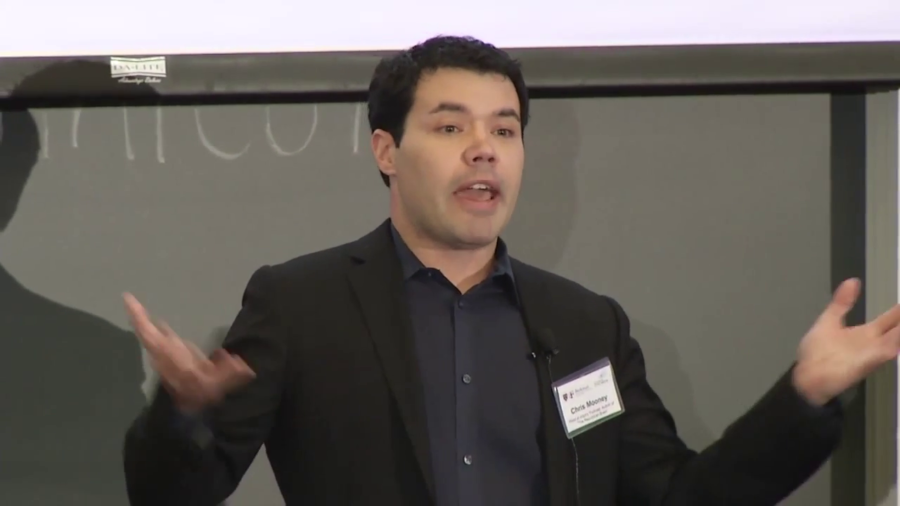
The Science of Why We Deny Science and Reality
presented by Chris Mooney
What is it about our brains that makes facts so challenging, so odd and threatening? Why do we sometimes double down on false beliefs? And maybe why do some of us do it more than others?
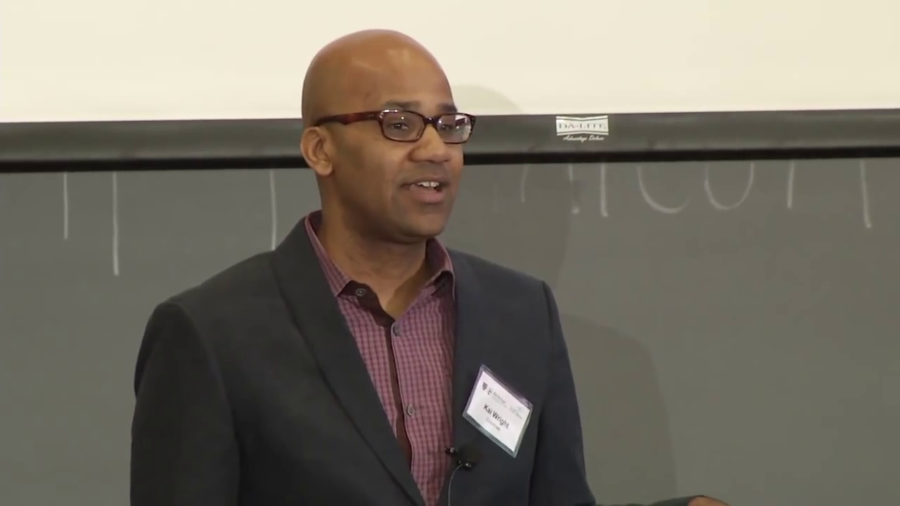
Kai Wright on Elusive Objectivity
presented by Kai Wright
I actually come at this with a set of questions for folks here. Because before we get to the action question I have questions about the broader problem, right. So when we’re talking about truth and truthiness and in media, I think we first have to ask whose truth matters, and what are its boundaries.

